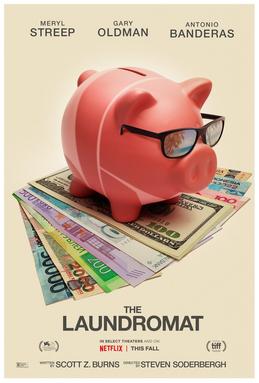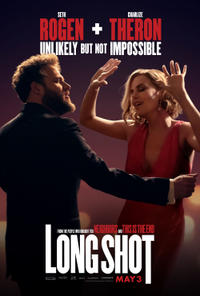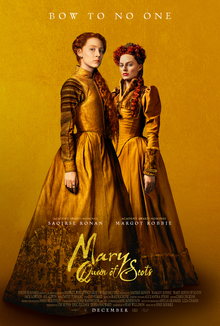Irresistible
Posted on June 25, 2020 at 5:21 pm
B| Lowest Recommended Age: | High School |
| MPAA Rating: | Rated R for language including sexual references |
| Profanity: | Very strong and crude language |
| Alcohol/ Drugs: | Alcohol |
| Violence/ Scariness: | None |
| Diversity Issues: | Cultural diversity a theme of the movie |
| Date Released to Theaters: | June 26, 2020 |

The opening is promising, with Steve Carell as Gary, a Democratic political strategist and Rose Byrne as Faith, a Republican political strategist, in the post Clinton/Trump “spin rooms,” where each team tries to explain to reporters why their candidate was brilliant and definitively trounced the other side. But what we get to hear is what’s inside their heads. Gary says he will persuade them “as long as I say it repeatedly and with confidence,” and Faith concludes, “I look forward to lying to you in the future.” We get it. They’re there to win, not to be honest. But Gary was probably being honest when he predicted that Clinton would win. He was just wrong. And so for his professional future and possibly for the good of the country, he has to get his credibility back and he has to figure out how to communicate with the “rust belt blue wall” he thought was “impenetrable” until Trump got a lot of those votes and won the electoral college.
He sees a chance to prove himself when a video of a Deerlaken, Wisconsin city council meeting goes viral due to an impassioned speech by a local farmer, a retired Marine named Jack (Chris Cooper), speaking out plainly but eloquently on behalf of immigrants in his community. Gary tells the Democratic party leaders that “this square-jawed paragon of Americana is our key back to the Forbidden City. He’s a Democrat, but just doesn’t know it yet.” He thinks if he brings his national-level political expertise to a small town in Wisconsin, he can persuade Jack to run for mayor, get him elected, and “road-test a more rural-friendly message” in a place he refers to as “the middle of nowhere” he can re-invigorate progressive messaging and, by the way, his own career. So, he fires up the private jet and checks out what Wikipedia has to say about Wisconsin. In real life, he would have a ton of data in a briefing package, but it’s more fun to make him look like a big city doofus.
Jack agrees to run, the race gets some national media attention, and so Faith arrives, to make sure that they do not break the city’s record of not electing a Democrat since Robert LaFollette (Governor 1901-1906). In Stewart’s view, the only issue anyone cares about is the power of the parties; any specifics are about leverage, with no more focus on reproductive health or even the immigration issue that Jack spoke about in the viral video than on gaffes and embarrassing secrets about opposing candidates. It’s just about votes. The weakest part of the film is the blaming of the consultants who are the symptom (okay, a truly unpleasant one), not the disease. The movie very briefly touches on the funding issue, with stand-ins for the Kochs and a generic, literally high-tech billionaire with just one issue literally half a world away from Wisconsin and a scene at a Manhattan fund-raiser but barely addresses the real and most democracy-destabilizing problem of dark money and Citizens United. The small reference to super PACS, with a winking nod to “non-coordination” deserved more attention.
It’s fun to watch because it has a great cast and clever dialogue and more substance than most feature films. But it is a disappointment that someone who has such a deep understanding of American politics goes for cheap laughs about clueless big city folks not understanding the folks in the heartland instead of looking at the less-examined obstacles at least equally rich in potential for satire. The movie has at least four different endings, and at least three of them seem to undercut the point the film is trying to make. Stewart makes the same mistake Faith and Gary do; he condescends to his audience.
Parents should know that this movie includes very strong language and very crude sexual references.
Family discussion: Which candidate would you vote for and why? Would you ever run for office? What changes in the system is this movie promoting and what changes would you suggest?
If you like this, try: the documentaries “Slay the Dragon” (about the fight against gerrymandering in Wisconsin and other states) and “Primary” (about John F. Kennedy and Hubert Humphrey campaigning against each other in Wisconsin for the Democratic nomination for President) and “Welcome to Mooseport,” with Gene Hackman as a former President who runs for mayor in a small town in Maine.





